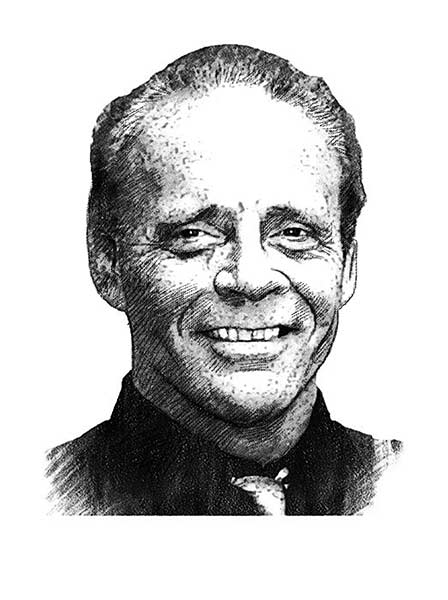 |
|
Dan Steinbock, visiting fellow at the Shanghai Institutes for International Studies and founder of the Difference Group, a Shanghai-based think tank [Photo/China Daily] |
A1 Ever since the global financial crisis of 2008-09, all major economies have agreed on the need for structural reforms. Yet it seems that only China is trying to execute such reforms. Today, the United States, Europe and Japan continue to accrue debt, and central banks remain stuck with zero-bound policy rates and/or quantitative easing. In contrast, China is engaged in structural transformation even while it's deleveraging. That's hard, but it is a long-term strategy that will pay off over time. For now, that strategy is missing in the major advanced economies.
A2 When President Xi Jinping and Premier Li Keqiang took over some four years ago, there was a sense that the Chinese government could focus on domestic economic issues.
However, the international environment has proved far too challenging to allow the government to focus on domestic issues only. In such a global landscape, there is a temptation-and occasionally "incentivized traps" by some advanced economies-to move resources to other areas, such as geopolitics and security policies.
And yet those large emerging economies that have done so have taken a severe economic hit. Nevertheless, the Chinese government has managed to focus on economic development as its first priority in domestic and international policies.
A3 Assuming a peaceful international and regional environment, China's real GDP growth should remain around 6.5 percent, while consumer inflation could climb to more than 2 percent. After challenging deleveraging, the economy might even enjoy a small reform dividend around 2018-20.
Meanwhile, Chinese living standards are likely to double in 2010-20. That's extraordinary in the harsh international setting in which living standards are stagnating or falling in many advanced economies.
A4 Today, the Chinese government's policies-especially the emphasis on economic development-have international consequences. A wonderful beginning has been the establishment of the Asian Infrastructure Investment Bank and the BRICS New Development Bank, the Belt and Road Initiative, and the efforts at a broader regional free trade agreement that would be about inclusive economic cooperation, not about exclusive geopolitics.
Internationally, these initiatives will benefit the regional neighborhood of South, Southeast and East Asia-and ultimately Central Asia, the Middle East, Eastern Europe, Africa, Latin America and beyond.
A5 When you studied economics, you wrote your PhD dissertation, On the Tri-Structure of China's Economy. In 1996, it won the prestigious Sun Yefang Economics Prize. Now, two decades have passed. When you look back, which economic problems have you found most challenging as China's premier? Where do you see government policies' greatest successes? Most intimately, how would you describe the China you would like to leave behind and what does it mean to you, personally?
